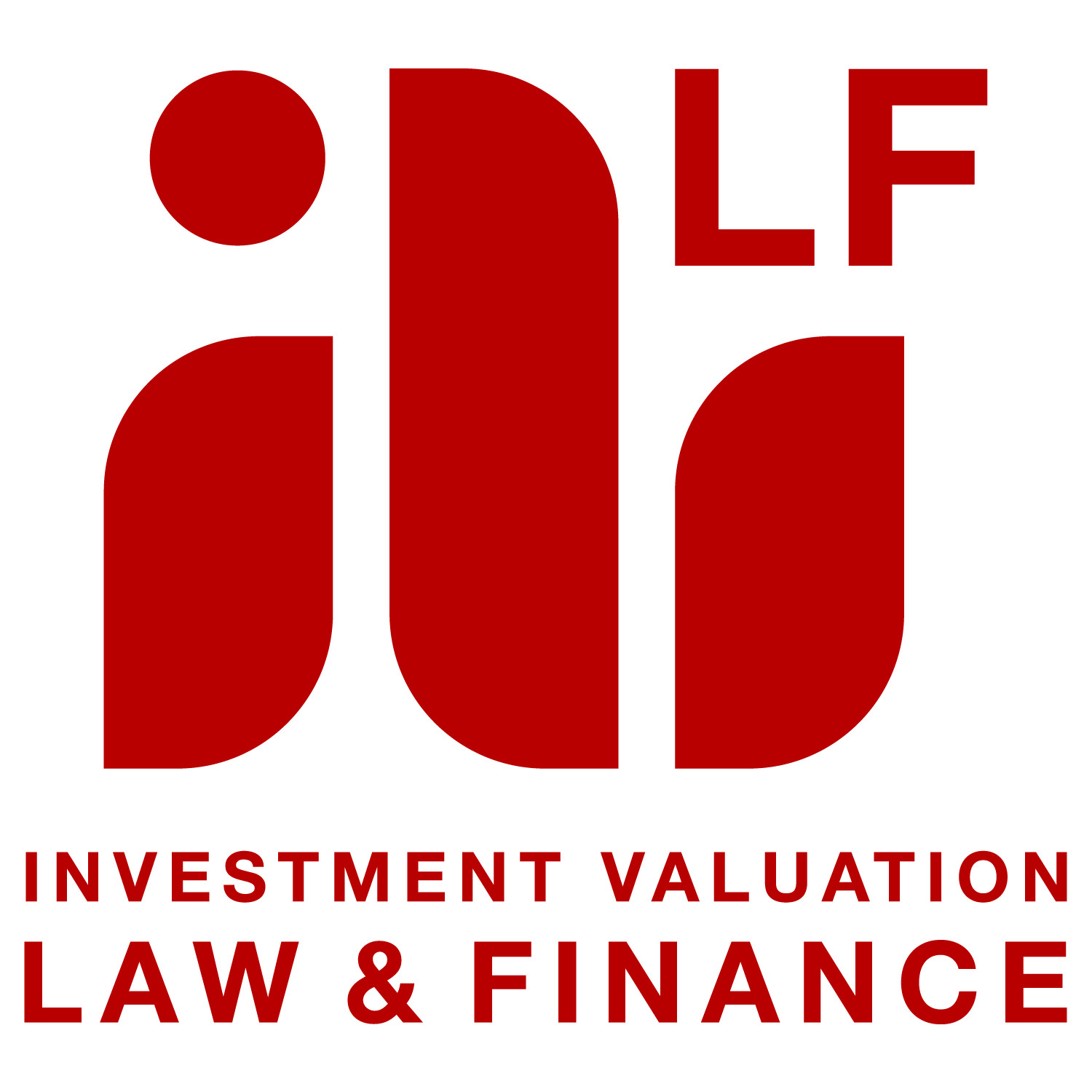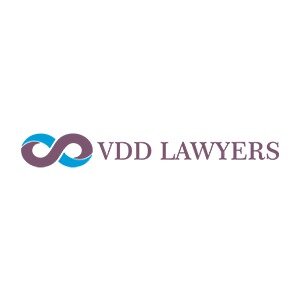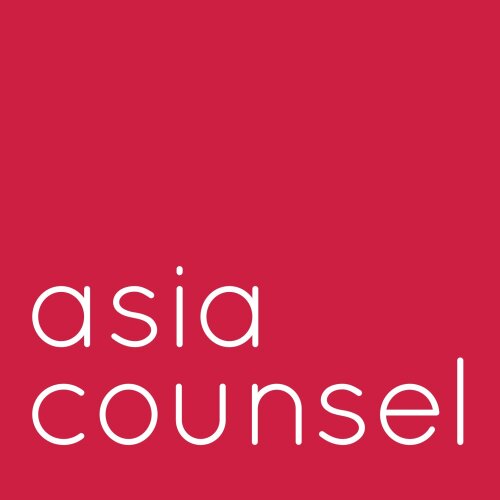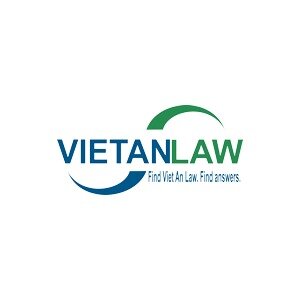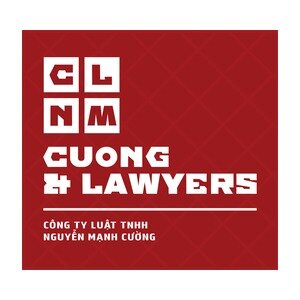Best Renewable & Alternative Energy Lawyers in Vietnam
Share your needs with us, get contacted by law firms.
Free. Takes 2 min.
Or refine your search by selecting a city:
List of the best lawyers in Vietnam
About Renewable & Alternative Energy Law in Vietnam
Vietnam is rapidly emerging as a significant player in renewable and alternative energy in Southeast Asia. The country’s increasing demand for electricity, efforts to reduce reliance on traditional fossil fuels, and its plentiful natural resources have led to the strong growth of renewable sources such as solar, wind, hydropower, and biomass. The Vietnamese government has set ambitious goals to increase the share of renewable energy in its national power mix and attract foreign and local investment through favorable policies, incentives, and regulatory frameworks. However, the sector also faces legal and regulatory complexities, making it essential for investors, companies, and individuals to understand the legal environment and compliance requirements when engaging in renewable and alternative energy projects.
Why You May Need a Lawyer
Investing or operating in Vietnam’s renewable and alternative energy sector can involve a range of legal issues where professional legal help is advised. Here are some common scenarios where you may need a lawyer:
- Navigating complex licensing and permitting processes for new energy projects
- Ensuring compliance with Vietnam’s environmental and energy regulations
- Drafting, reviewing, and negotiating Power Purchase Agreements (PPAs) or build-operate-transfer (BOT) contracts
- Structuring joint ventures or partnerships for energy development
- Addressing land use and property issues related to energy projects
- Securing government incentives or approvals
- Handling importation or tax matters for renewable energy equipment
- Managing disputes arising from projects or energy contracts
A lawyer who specializes in renewable and alternative energy law in Vietnam can help you avoid legal pitfalls, protect your investments, and ensure your projects move forward smoothly.
Local Laws Overview
Vietnam’s legal landscape for renewable and alternative energy has evolved rapidly in recent years. Some of the key aspects include:
- Power Development Plans (PDPs): The government issues these plans to set development targets and guide the energy sector. PDP8 is the latest and sets the roadmap for renewable energy through 2045.
- Feed-in Tariffs (FiTs): These are government-set electricity purchase prices for certain renewable energy sources to encourage investment. FiTs for solar and wind have attracted significant interest but are subject to periodic review and adjustment.
- Licensing and Permitting: Projects require multiple licenses, such as investment registration certificates, construction permits, and electricity operation licenses.
- Foreign Investment Regulations: Foreign investors often need to establish joint ventures or enter public-private partnerships. Approval from various ministries may be required.
- Land Use Laws: Regulations govern the acquisition and use of land for energy projects, often requiring negotiation with local authorities and compliance with land laws.
- Environmental Impact Assessments (EIAs): Projects must comply with stringent environmental review and approval processes.
- Power Purchase Agreements: These contracts, primarily with the state utility EVN, are central to project bankability and typically governed by Vietnamese law.
- Tax and Customs Incentives: Certain tax exemptions and reductions, as well as customs incentives for equipment, may apply to qualified projects.
Understanding and complying with these local laws is critical for success in the Vietnamese renewable and alternative energy market.
Frequently Asked Questions
What types of renewable energy projects are most common in Vietnam?
The most common projects are solar power (both utility-scale and rooftop), wind power, hydropower, and to some extent, biomass and waste-to-energy.
Is foreign investment allowed in Vietnamese renewable energy projects?
Yes, foreign investment is allowed and welcomed. Investors can establish wholly foreign-owned companies, joint ventures, or invest through project companies, subject to certain legal requirements.
What government incentives exist for renewable energy?
Incentives include feed-in tariffs, reduced land rental fees, tax exemptions and reductions, and customs incentives for imported renewable energy equipment.
What licenses are needed to develop a renewable energy project?
Key licenses can include an investment registration certificate, enterprise registration certificate, construction permit, electricity operation license, environmental impact assessment approval, and other permits depending on location and scope.
How do Power Purchase Agreements work in Vietnam?
PPAs are crucial contracts, primarily signed with EVN. They detail the terms for selling electricity to the grid, pricing, duration, payment terms, and dispute resolution mechanisms.
Are there restrictions on land acquisition for energy projects?
Yes, foreign entities cannot directly own land in Vietnam but can lease land or work with local partners. Approval processes must be followed, including land use planning and compensation for affected communities.
What are the main compliance risks for renewable energy investors?
Risks include regulatory changes, unclear land rights, delays in permitting, changing FiT regimes, and potential disputes with local authorities or contractors.
How long does it take to approve a renewable energy project?
It can take from several months to over a year, depending on the project size, site location, and the efficiency of license processing.
Are Environmental Impact Assessments mandatory?
Yes, most renewable energy projects require an EIA, which must be approved by the relevant authorities before construction can begin.
What should I do if I face a legal dispute during my project?
It is advisable to consult a specialized lawyer immediately. Disputes may be resolved through negotiation, mediation, arbitration, or Vietnamese courts, as specified in your contracts.
Additional Resources
For more comprehensive information or direct support, the following resources and organizations can be helpful:
- Ministry of Industry and Trade (MOIT)
- Electricity of Vietnam (EVN)
- Vietnam Chamber of Commerce and Industry (VCCI)
- Vietnam Energy Association (VEA)
- Institute of Energy Vietnam
- Provincial Departments of Industry and Trade
- Embassies and trade offices for foreign investors
Next Steps
If you are considering a renewable or alternative energy project in Vietnam or are experiencing legal challenges related to the sector, here are recommended steps:
- Clarify your project goals, investment plans, and potential location
- Research or seek advice on relevant laws, licenses, and regulations
- Contact a reputable law firm or legal consultant with experience in renewable energy projects in Vietnam
- Prepare all necessary documents and be ready for regulatory due diligence
- Engage local authorities early to understand any unique local requirements
- Continually monitor legal updates and policy changes affecting the sector
Professional legal guidance can help streamline the approval process, protect your rights, and avoid costly mistakes, ensuring the successful development and operation of your renewable energy project in Vietnam.
Lawzana helps you find the best lawyers and law firms in Vietnam through a curated and pre-screened list of qualified legal professionals. Our platform offers rankings and detailed profiles of attorneys and law firms, allowing you to compare based on practice areas, including Renewable & Alternative Energy, experience, and client feedback.
Each profile includes a description of the firm's areas of practice, client reviews, team members and partners, year of establishment, spoken languages, office locations, contact information, social media presence, and any published articles or resources. Most firms on our platform speak English and are experienced in both local and international legal matters.
Get a quote from top-rated law firms in Vietnam — quickly, securely, and without unnecessary hassle.
Disclaimer:
The information provided on this page is for general informational purposes only and does not constitute legal advice. While we strive to ensure the accuracy and relevance of the content, legal information may change over time, and interpretations of the law can vary. You should always consult with a qualified legal professional for advice specific to your situation.
We disclaim all liability for actions taken or not taken based on the content of this page. If you believe any information is incorrect or outdated, please contact us, and we will review and update it where appropriate.
Browse renewable & alternative energy law firms by city in Vietnam
Refine your search by selecting a city.






